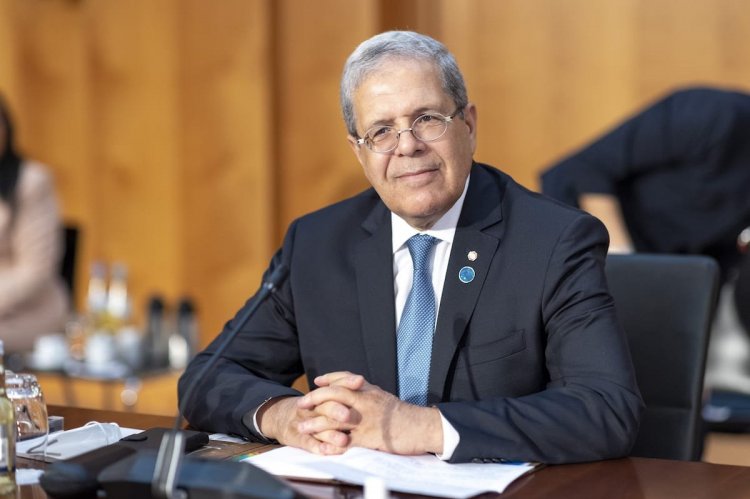By Walcot Aganu
Angola President João Lourenço has formed a working group to draft a national plan to ban common plastic usage in order to address environmental degradation and regulate the production and use of non-biodegradable products.
In a presidential order, quoted by state-owned Jornal de Angola, Mr Lourenço states that there are “worrying levels of pollution resulting from the use of plastics in general”.
Angola, with a 1,600-kilometre coastline, has no policy in place to restrict the use of plastic.
The UN says more than 800 marine and coastal species are affected by plastic pollution through ingestion and entanglement, while around 11 million tonnes of plastic waste flows into the ocean annually. The UN warns that this could triple by 2040.
The multidisciplinary working group includes heads of Environment, Economy and Planning, Territorial Administration, Education and Telecommunications, Information Technology and Media dockets, coordinated by the Minister of State in the office of the President.
Others are representatives from business associations, academia and environmentalists.
Plastic has one of the most devastating effects on the environment, with a tragic impact on the African continent.
Last year, the head of the National Solid Waste Agency said that a total of 12.4 million plastic bags were distributed free of charge every day in Angola in commercial exchanges.
Mr. Monteiro Lumbo, who disclosed the figure after a survey, added that the bags have dire consequences on public health and the environment.
The plastics choke drainage systems causing floods during the rainy season, Mr. Lumbi said while giving an example.
Plastic pollution is a global concern, with the UN warning that it has grown into an epidemic.
According to the UN Environment Programme, plastic pollution soared from two million tonnes in 1950 to 348 million tonnes in 2017, becoming a global industry valued at $522.6 billion. It is expected to double in capacity by 2040.
Recently, Heads of State, environment ministers and other representatives from 175 nations endorsed a historic resolution at the UN Environment Assembly in Nairobi to end plastic pollution, and forge an international legally binding agreement, by the end of 2024.


